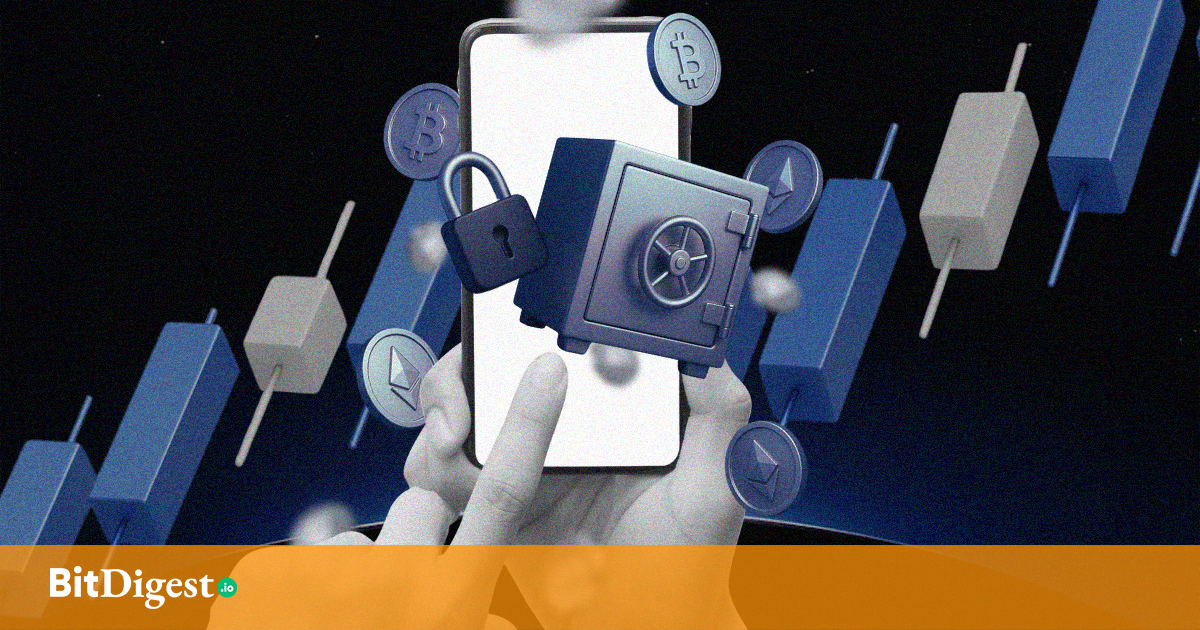Filipino Families Lose Over ₱8B a Year in Transfer Fees—Here’s a Better Alternative
In the Philippines, remittances are a lifeline. Millions of families rely on overseas workers, freelancers, and global earners to send money home every month. But while the funds arrive, so do the fees.
According to recent estimates, Filipino families lose over ₱8 billion a year in hidden transfer charges—from inflated exchange rates, service fees, and delays that quietly erode what’s meant to support them.
For workers sending modest amounts regularly, this isn’t just a nuisance. It’s a silent tax on sacrifice, it punishes people who are already doing everything they can to provide.
That’s the system decentralized platforms like NoOnes are starting to rethink through enabling peer-to-peer remittances that move faster, cheaper, and more directly between people.
The Hidden Cost of Being Globally Connected
According to the World Bank, the global average cost of sending remittances sits around 6.2%—well above the UN’s target of 3%. That may not sound like much, but for someone sending $300 home, that’s nearly $20 lost. Over time, it’s the cost of groceries, rent, school fees, or healthcare.
Traditional remittance corridors rely on intermediaries: banks, payment processors, compliance layers, and cash-out partners. Each one adds friction—and fees.
For people who work across borders, this can be a daily frustration. A freelancer in Kenya working for a U.S.-based startup. A designer in Colombia paid by a Singaporean client. A nurse in Poland supporting a family in Nigeria. These workers aren’t always well-served by legacy systems built for static, domestic economies.
How Peer-to-Peer Changes the Equation
Instead of routing money through institutions, peer-to-peer (P2P) platforms connect people directly. Buyers and sellers swap value on their own terms, using crypto as the settlement layer.
This is where P2P blockchain platforms step in—not as a middleman, but as a facilitator of trust. To get a picture of how this could become a game changer—on NoOnes for example, users can post or accept offers to exchange crypto for local currencies using a variety of payment methods: bank transfers, mobile wallets, even cash pickups. The platform uses escrow and reputation systems to protect both parties. There’s no need to rely on a central service to “send” money—instead, value moves wallet-to-wallet, peer-to-peer.
Why This Matters for Global Earners
What makes this powerful isn’t just the lower fees. It’s the flexibility. Freelancers and global workers often juggle multiple currencies, clients, and platforms. They need tools that work around their lives—not against them.
With P2P dApps like NoOnes, they can:
- Convert USDT, BTC, or other crypto into local cash at market rates
- Receive payments quickly without going through third-party processors
- Avoid banking restrictions in regions with limited financial access
- Keep more of what they earn, and access it on their own terms
This isn’t just for the sake of another crypto exchange—it’s an open market for liquidity across borders, built for people who move value as part of daily life.
In a time when global connectivity fuels income, but outdated systems siphon value, platforms like NoOnes offer a meaningful alternative. By removing layers of friction and cost, P2P remittance lets users focus on what really matters—keeping more of their earnings and helping others thrive. Because when the work is global, the tools should be too.
.svg)


.svg) SHARE TO FACEBOOK
SHARE TO FACEBOOK SHARE TO TWITTER/X
SHARE TO TWITTER/X SHARE TO LINKEDIN
SHARE TO LINKEDIN SEND TO MAIL
SEND TO MAIL





.svg)


.svg)